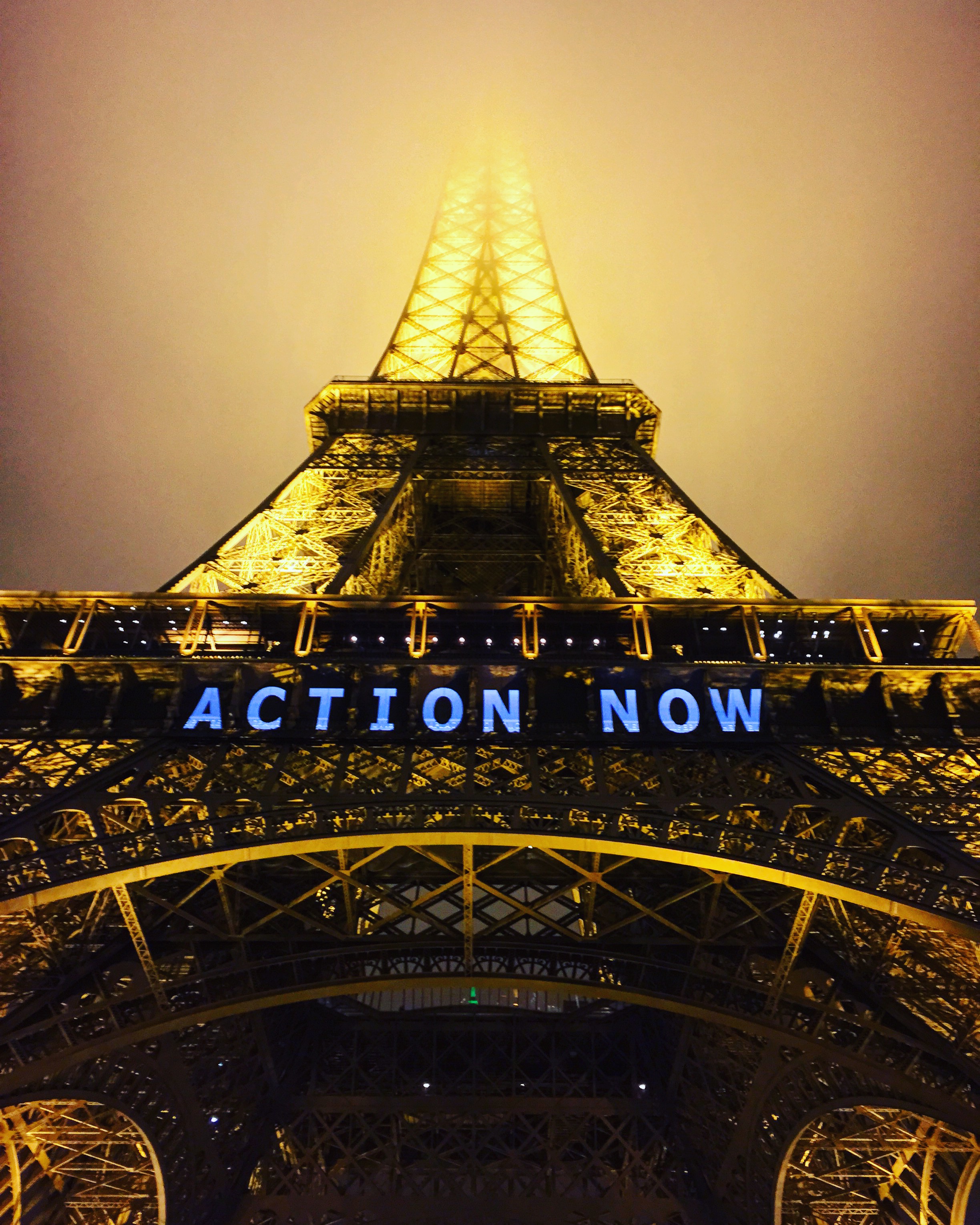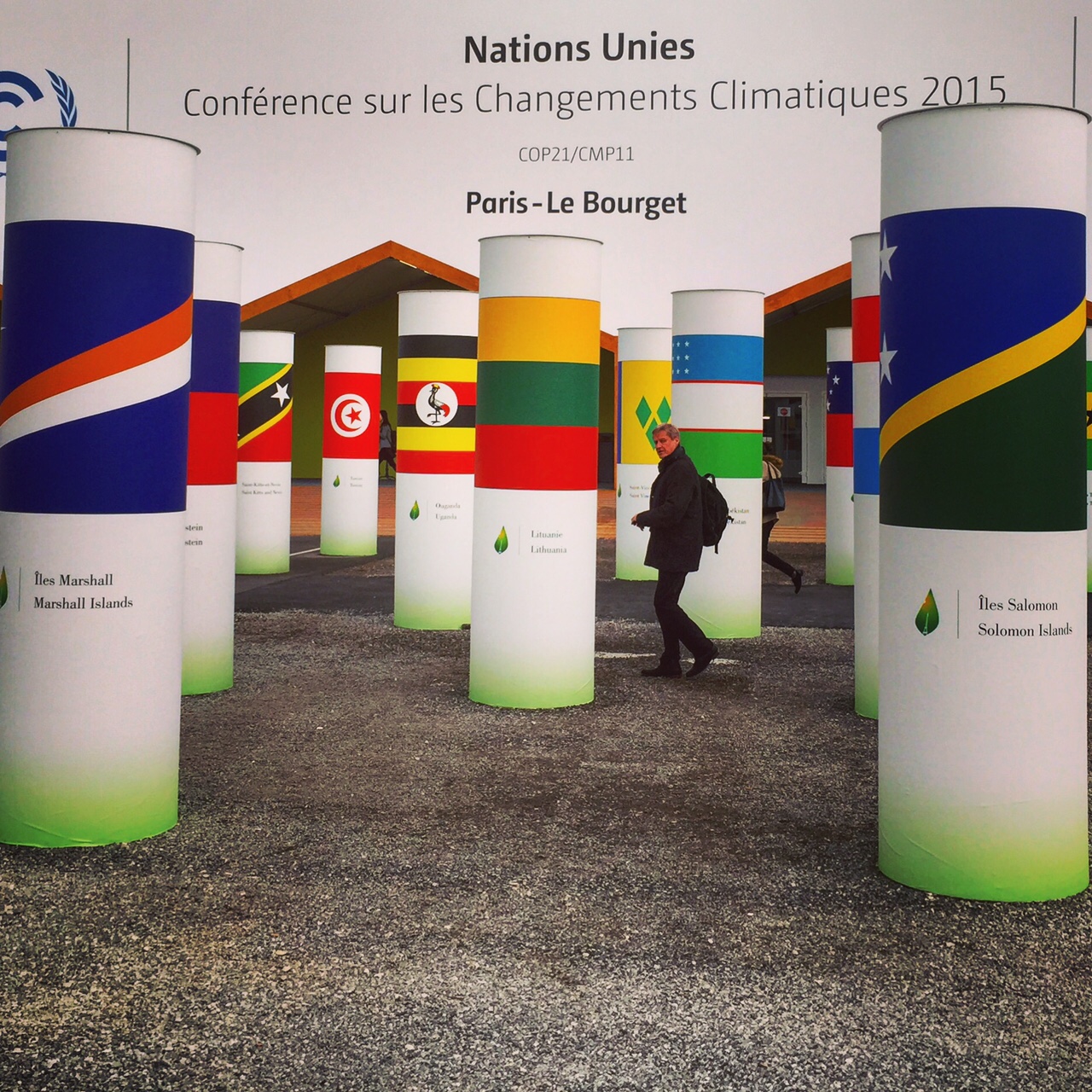The turmoil over the United States’ climate and energy policies under the Trump administration could slow the push to cap global warming, but it won’t derail the effort, according to policy experts and climate advocates gathered in Germany for the latest round of international climate talks.
Some climate policy analysts said that, even if the U.S. government withdraws from the Paris climate agreement, the rest of the world could work with big states like California and New York, as well businesses and civic groups that are interested in advancing climate protection policies. Others expressed concern that the mere threat of a U.S. withdrawal has started to unravel some of the agreement’s delicate threads.
The annual meeting in Bonn, Germany, takes place this week through next, and is aimed at writing the rulebook for how the world is going to reach the ambitious goal of limiting warming to 1.5 degrees Celsius over pre-industrial levels and making those efforts transparent and accountable—the nuts and bolts that will make the agreement work.
The possibility of a U.S. withdrawal from the Paris Agreement is definitely part of the discussions, but it’s not the main focus of the meetings, according to Matti Nummelin, a United Nations Framework Convention on Climate Change expert on how to help the world’s least developed countries deal with global warming impacts.
“It has happened happened before that some parties have been more or less active,” Nummelin says. “I don’t think that whatever happens in the U.S. that it will slow down the process.”
The rulebook being developed in Bonn this week could help by “scaling up the status of non-state actors” to have a bigger role in the global climate talks.
Wael Hmaidan, director of the Climate Action Network, pointed out on Twitter that majorities in every single state of the U.S. support staying in the agreement, adding that there’s growing global recognition that acting to reduce greenhouse gas pollution is in everyone’s interest.
Civil society, represented by non-governmental groups from all over the world, played a big part in getting their respective national governments to the table in Paris; they aim to keep the pressure up in Bonn, trying to ensure that countries live up to their commitments under the deal and speed up the shift to sustainable, low-carbon economies.

(Photo: Bob Berwyn)
In an opening press conference, civil society groups addressed the political situation in the U.S. directly. As various speakers noted, it’s important to remember that, even if the Trump administration decides to pull out of the agreement, it would take four years to become effective. (His other option would be to quit the UNFCCC altogether, which would end U.S. involvement more quickly.)
“Ironically, the exit would enter into force the day after the 2020 election in the U.S.,” says Brandon Wu, who works on international climate policy with ActionAid USA.
“We want the U.S. in the Paris agreement … but we also need the agreement to be as strong as possible,” Wu says. Any weakening to cater to the Trump administration is just going to mean that it’s going to be that much harder to reach the two-degree goal, much less the 1.5-degree goal. We cannot afford for the agreement to be weakened, even for the sake of the U.S.”
Wu says a worst-case scenario could involve the U.S. remaining in the talks and trying to weaken the rules, giving countries leeway to back away from their targeted emissions reductions.
One sign that the international commitment to climate action is strong is an expanding set of national climate action laws to back up Paris pledges. Since the Paris climate summit, 14 new laws and 33 new executive policies related to climate change have been introduced around the world, according to an analysis by the Grantham Institute on Climate Change and the Environment and the Sabin Center for Climate Change Law at Columbia Law School.

(Photo: Bob Berwyn)
Samuel Fankhauser, co-director of the Grantham Research Institute on Climate Change and the Environment, in the United Kingdom, says the number of climate-related laws has increased twentyfold since 1997, giving countries a legal basis to build more climate action. Some of the new laws relate to national climate goals and emissions reductions, but others are less consequential.
In the policy arena, Susanne Droege, an analyst with the German Institute for International and Security Affairs, acknowledged that uncertainty about the U.S. position makes the talks more challenging. She detailed some of the ways the U.S. could hamper progress.
“If they remain, they could undermine the process by pulling the brakes,
Droege says. “They could fall silent and not agree during negotiations, and it’s a consensus-based process, so that could slow things down. They could demand very strict transparency criteria, which some countries can’t comply with.”
Another concern is that U.S. disengagement could make other countries more reluctant.
“Look at the Saudis or Russia. It’s easy to anticipate they won’t be on board if the U.S. is not on board,” Droege says.
In a recent policy paper, Droege says it will be up to Europe and China to lead global climate policy, starting with key international meetings like the upcoming G20 summit, where Germany and its allies could “show their economic interests in setting a reliable and ambitious climate-protection agenda,” she wrote.
In terms of dealing with the U.S., the focus should shift toward working with cities, states, businesses, and citizens groups. The rulebook being developed in Bonn this week could help by “scaling up the status of non-state actors” to have a bigger role in the global climate talks.





